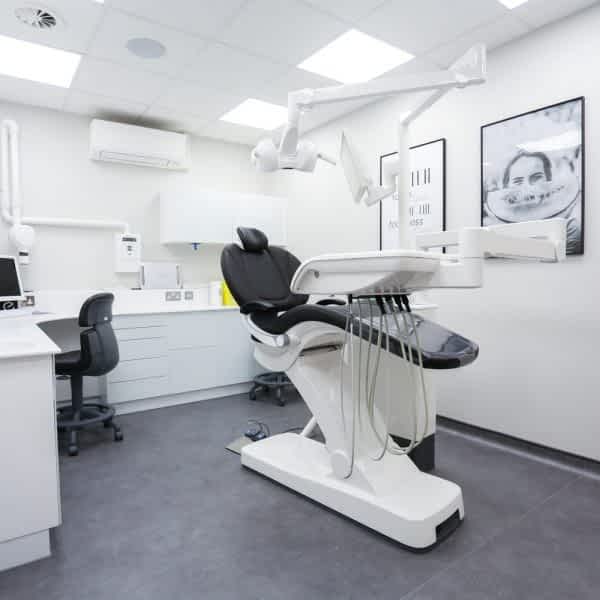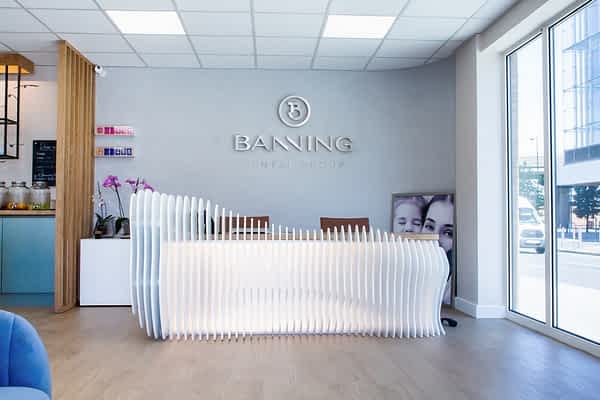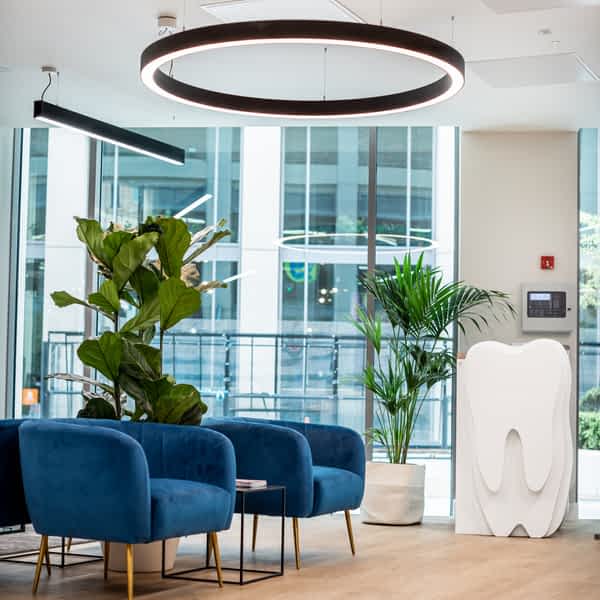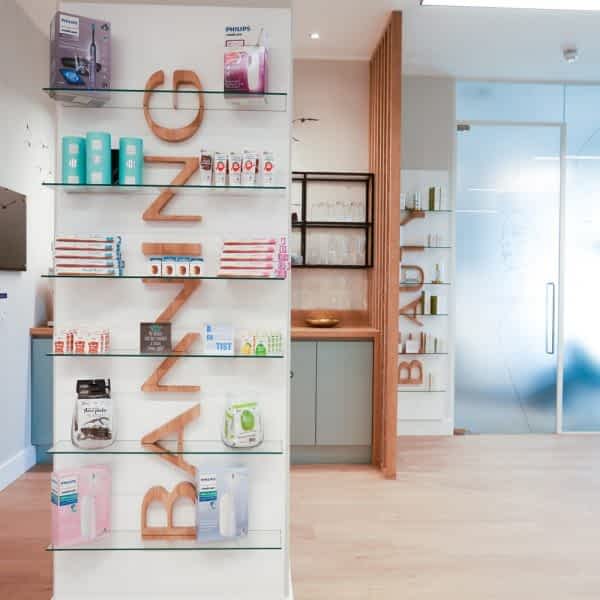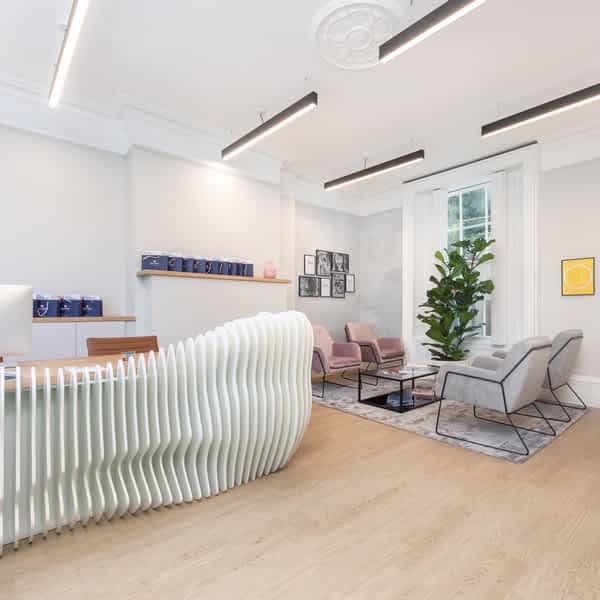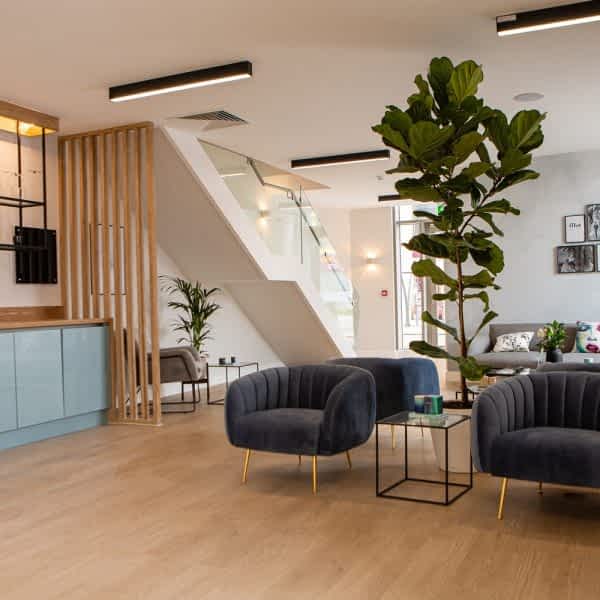Cheers for dental veneers!
Dental veneers, also known as dental laminates are wafer-thin shells that are ‘attached’ to the visible surface of the teeth. They are highly effective in correcting teeth defects such as discolouration, chips or cracks and are hugely popular thanks to their immediate, noticeable results.
Veneers offer a long term, cosmetic solution for those that are dissatisfied with the appearance of their teeth. There are many stages to planning and designing your smile, which is only achievable by consultation with a prosthodontist specialist. At Banning Dental Group we have both the expertise and technology in-house to deliver high-quality, natural-looking results.
Stick with us and find out whether Dental Veneers might be the solution you are looking for to brighten your smile for good!
When are dental veneers recommended?
Dental veneers are useful in a wide variety of cases to fix imperfections or provide an aesthetic improvement to the existing shape, form or colour of your natural teeth.
Veneers are often recommended for:
- Teeth that are discoloured, stained and cannot be whitened
- Teeth that are misaligned, or irregularly shaped
- Teeth that are chipped, cracked or broken
- Teeth with uneven gaps between them
How are dental veneers placed?
First of all your dental specialist will make impressions of the teeth that are to have veneers applied. This will allow them to create a veneer to fit your tooth perfectly.
To create a suitable dental veneer for you, your dentist begins by reshaping the teeth and providing adequate space for the dental veneer to sit. In some cases, preparation is minimal or not needed at all. At Banning Dental Group, we offer minimal-prep and no-prep veneers as well as the conventional option. Minimal-prep veneers are much thinner tooth coloured strips, so there is no need to remove as much- if any – enamel. We fabricate your veneers on-site with our restoration milling machinery, allowing us to complete a veneer fitting on the same day.
Once your dental veneers have been made, your teeth are etched to prepare for the bonding. You can choose your desired veneer colour finish by selecting from colour samples. The veneers are then permanently cemented to the surface of your teeth in a process called bonding.
Once the perfect veneer positioning is achieved, a curing light is used to polymerise the dental veneer in place, finalising its adherence to the tooth.
What types of dental veneers are there?
There are 2 main types of dental veneers which are categorised by the material they are formed of, either Porcelain or Composite Bonded.
The design and material choices are essential to minimising the risk of compromising the tooth structure.
Porcelain veneers
Custom-made dental veneers that are made to functionally and aesthetically replace natural teeth made of porcelain or ceramic. The benefits of porcelain veneers are:
- Strong and long-lasting
- Stain-resistant
- Bio-compatible with gum tissues
- Mimic the light reflecting properties of natural teeth
Composite veneers
Tooth-coloured shells that are bonded to the teeth made from composite resins. The benefits of composite veneers are:
- Less enamel needs to be trimmed than porcelain veneers, reducing the risk of tooth sensitivity
- They take fewer visits to fabricate
- Cost-effective and cheaper to produce than porcelain veneers
- Easily repairable in the case of damage
Can anyone have dental veneers?
On the whole, most people who have a good standard of oral hygiene and gum health can be considered for veneers. However, you will first need to consult with a prosthodontist specialist to make sure there are no underlying issues or corrections that need to be addressed first before proceeding with veneer placement.
How long do dental veneers last?
With the right care and maintenance, we expect that all types of veneers can last for between 10 and 20 years.
Are dental veneers painful?
Each individual patient experiences their own level of sensitivity, but the process of fitting veneers is not considered painful. In the case of porcelain veneers where it is required to remove a layer of your tooth enamel, a local anaesthetic is administered so you will be comfortable and numb throughout the procedure. There may be some slight discomfort as the anaesthetic wears off but on the whole, it is a non-invasive, non-painful treatment process.
Why not speak to our experts and find out more? You could be saying Cheers for Dental Veneers yourself in no time!



